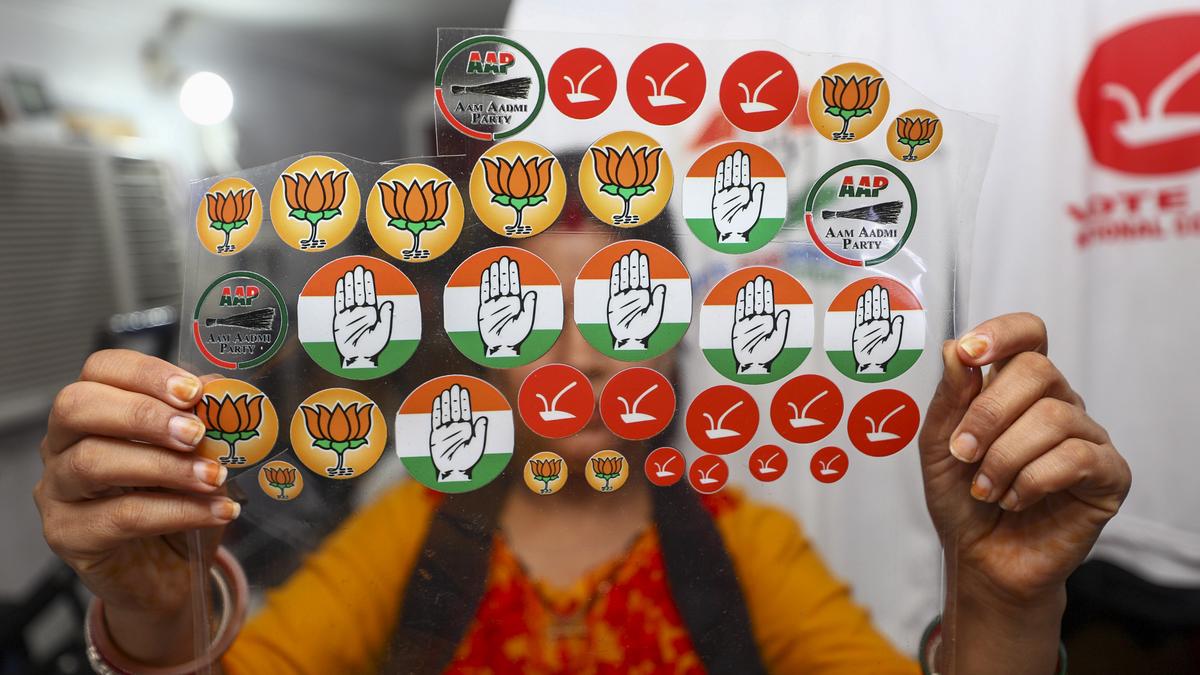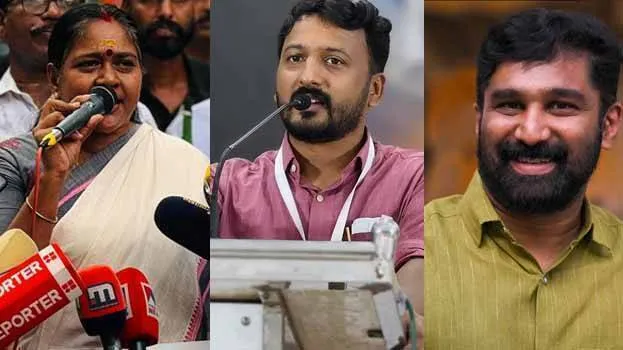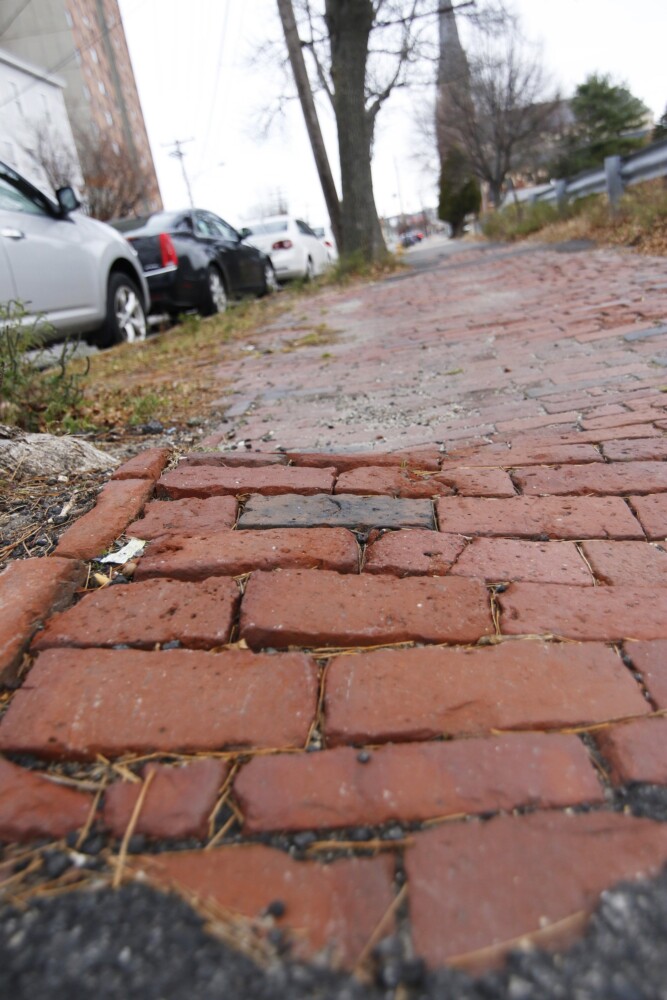
Jammu and Kashmir is gearing up for its first assembly elections in a decade, with the first phase of polling set for Wednesday (September 18). Over 23 lakh voters will decide the fate of 219 candidates, including 90 independents, who are running for 24 Assembly segments— eight in three districts of Jammu region and 16 in four districts of Kashmir valley. The first round will see 24 assembly constituencies contested across the Chenab Valley districts of Doda, Kishtwar, and Ramban, as well as the South Kashmir districts of Anantnag, Pulwama, Kulgam, and Shopian.
The second phase, covering 26 seats, is slated for September 25, while the third and final phase, involving 40 seats, is scheduled for October 5. Here is the schedule in detail: If the infographic isn’t visible or is incomplete, click here to exit AMP mode Dissolution and delimitation Since the dissolution of the Jammu and Kashmir legislative assembly, despite contrasting claims , on November 21, 2018, by the Governor of Jammu and Kashmir, Satya Pal Malik, the then-state has gone through much change; mainly the abrogation of Article 370 of the Constitution of India on August 5, 2019, which gave special status to Jammu and Kashmir. With this, and the passing of the Jammu and Kashmir Reorganisation Act, the State was split up into the union territories of Ladakh and Jammu and Kashmir from October 31, 2019.

On May 5, 2022, the Jammu and Kashmir Delimitation Commission notified the new boundaries, names, and the number of Assembly constituencies. Compared to the previous delimitation, which comprised 87 seats (including the 4 seats in the Ladakh region), the new Assembly in the Union Territory has 90 seats: 47 in Kashmir and 43 in Jammu. This is an increase from the earlier 83 (in the regions of Jammu and Kashmir), with six additional seats being in Jammu and one in Kashmir.
These 90 seats will be contested across three phases, as shown in the graphic below. 2014 elections: A recap In the 2014 elections, which were held across five phases in the unified Jammu and Kashmir, the Mufti Mohammad Sayeed-led Jammu and Kashmir Peoples Democratic Party (JKPDP) won 28 seats, which was the most won by any party, but still short of the majority of 44 seats. The Bharatiya Janata Party (BJP) won 25 seats, followed by the Jammu and Kashmir National Conference (JKNC) which won 15 seats, and the Congress won 12.
The breakup of the seats won in the 2014 election, and the elections in 2008, 2002, and 1996 are shown in the graphic below. When the four major parties (stated above) active in the State are considered across the divisions of Kashmir, Jammu, and Ladakh; the JKPDP established a stronghold in Kashmir by winning 25 of the 46 seats in the valley. Meanwhile, the BJP won 25 of 37 seats in the Jammu region, and Congress won three of four seats in the Ladakh division.
The constituency-wise results are presented in the graphic below. When it comes to the margin of victory, out of the 87 seats, a total of 50 seats were tightly contested with the margins of victory of the winning candidates being lesser than 10% of the vote share. The graphic below shows the constituencies that fall within different brackets of the margins.
The voter turnout was relatively low in the valley, and higher in the Jammu division, as seen in the graphic below. The total voter turnout averaged to 65.23% over the five phases in the Assembly elections.
Seat shares since 1996 Since 1996, it can be seen from the chart below, the strength of JKNC has gone downhill in the State from winning 57 seats in 1996, to 15 in 2014. Meanwhile, the BJP has seen a noticeable rise in power since 2002, especially in the Jammu division. This year, while the Congress has tied up with NC , BJP is set to contest the polls solo.
While BJP has not officially allied with any party, it has backed several ‘independents’ or local parties aligning with the party’s policy on J&K— i.e., accepting revocation of J&K’s special status.
Apart from these four main players, there are three other noteworthy parties in the poll fray – Sajjad Lone’s J&K People’s Conference (PC), ex-Congress veteran Ghulam Nabi Azad’s Democratic Progressive Azad Party (DPAP), and Altaf Bukhari’s J&K Apni Party. Published - September 17, 2024 04:36 pm IST Copy link Email Facebook Twitter Telegram LinkedIn WhatsApp Reddit.














